Claude Debussy is widely regarded as one of the most influential composers of the 20th century, with his unique style and innovative harmonies setting a new standard in classical music. The piano played a central role in Debussy’s compositions, and many of his most famous pieces were written specifically for the instrument.
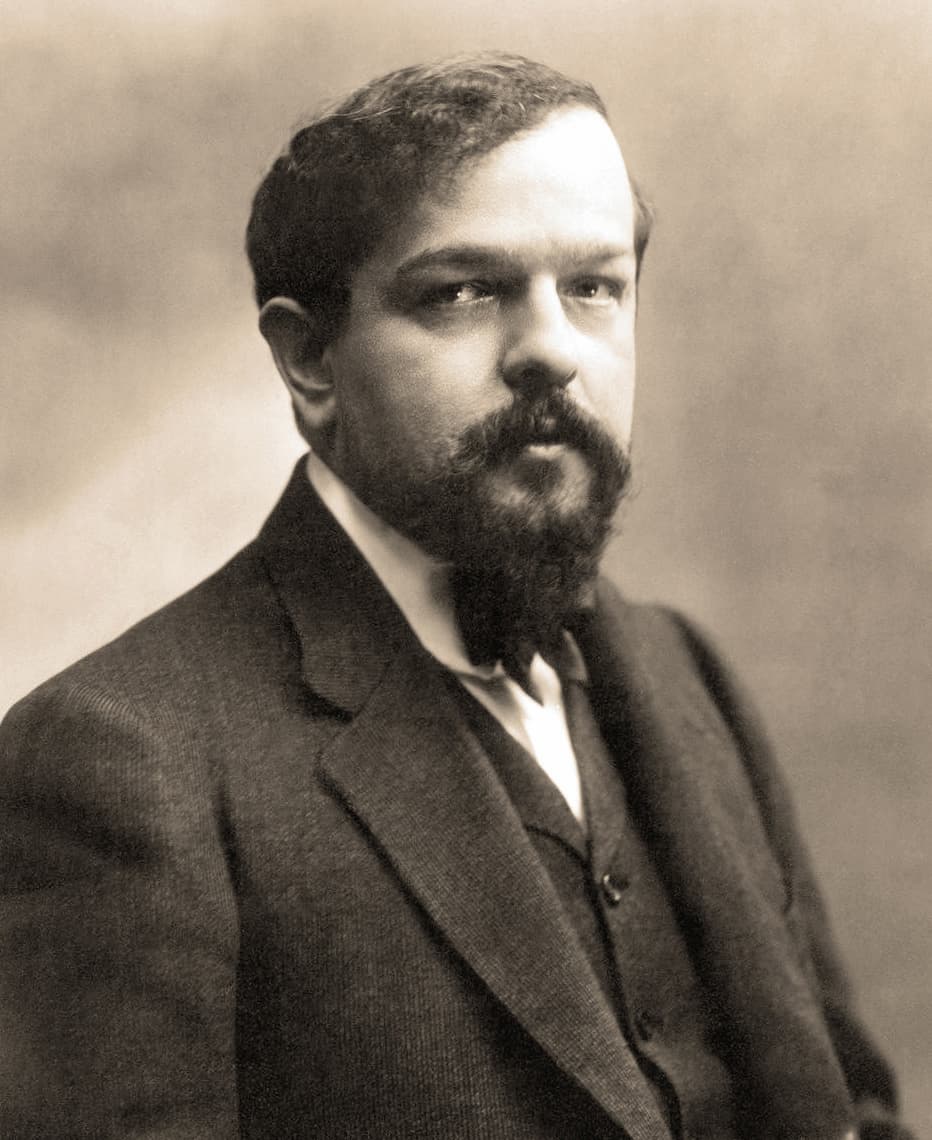
Claude Debussy
Debussy is often associated with the term “impressionism” due to his innovative use of harmony, colour, and texture in his compositions, which were considered revolutionary in their time, and which have been related to Impressionist painting. While Debussy himself disliked the description “impressionist” when applied to his music, it is a simplistic label which has stuck and which, sadly, all too often leads to wishy-washy, overly-sentimental interpretations of his piano music.
But rather than drowning his music in pedal effects to enhance its “impressionistic” nature, it is important to recognise the remarkable clarity of his writing; while some of his works do have ethereal and dream-like qualities, they are also complex and sophisticated with intricate rhythms, subtle nuances of dynamics and expression (‘his nuances ranged from triple ppp to forte’ – Marguerite Long), innovative use of harmony, often for colouristic effects or special timbres rather than strict harmonic progression. This is music that requires a unique, highly individualistic, and spontaneous interpretation from the performer.
Claudio Arrau
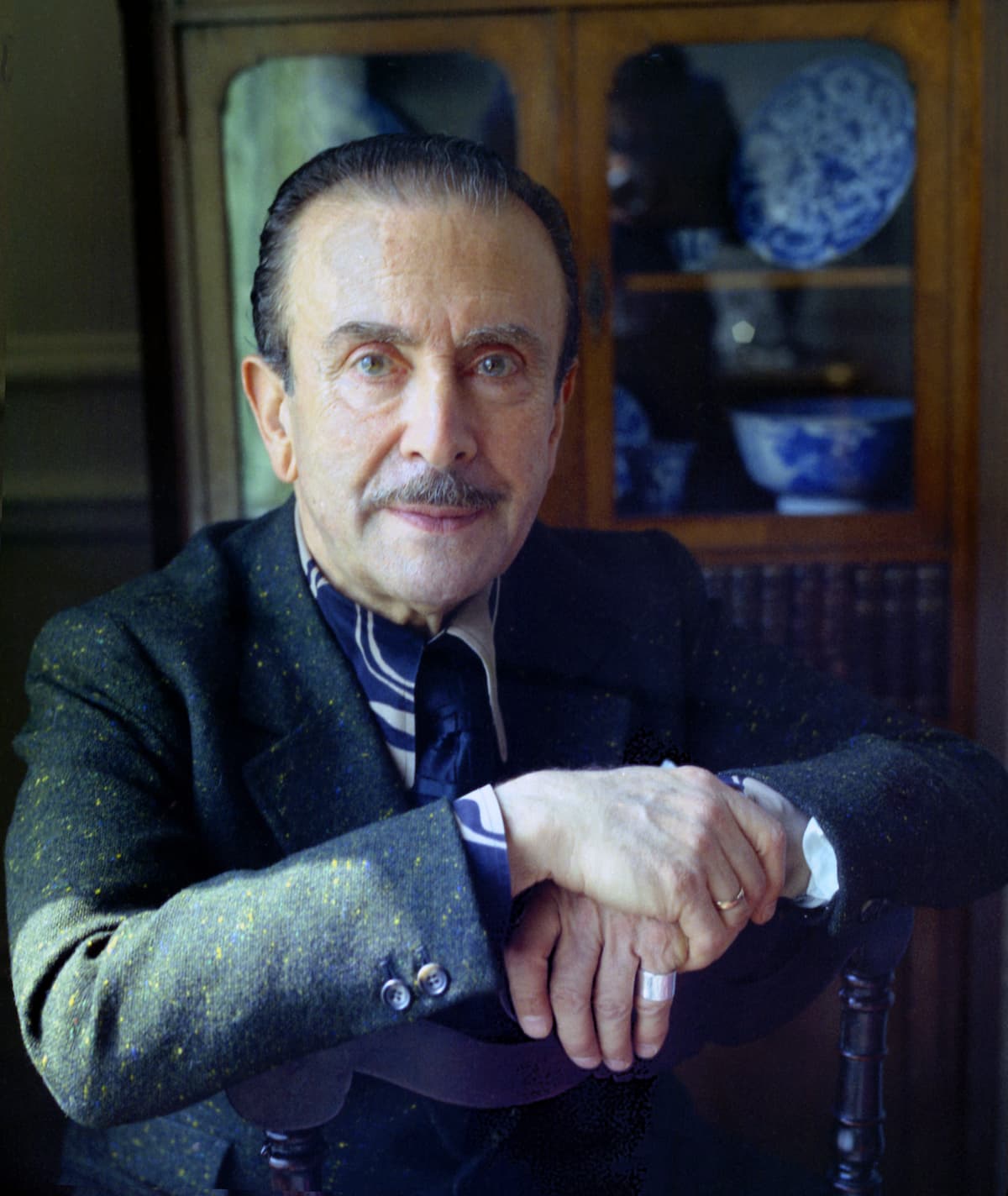
Claudio Arrau
Chilean pianist Claudio Arrau (1903-91) was widely regarded as one of the greatest pianists of the 20th century. Particularly renowned for his interpretations of the Romantic repertoire, his performances of Debussy’s music were also highly acclaimed. His playing was characterized by its lyricism, emotional intensity, unhurried tempos, and a profound respect for the printed score in his attention to detail. His interpretations of Clair de Lune from Suite bergamasque and Arabesque No. 1 are considered some of the finest ever recorded.
Claude Debussy: Suite bergamasque – III. Clair de lune (Claudio Arrau, piano)
Walter Gieseking
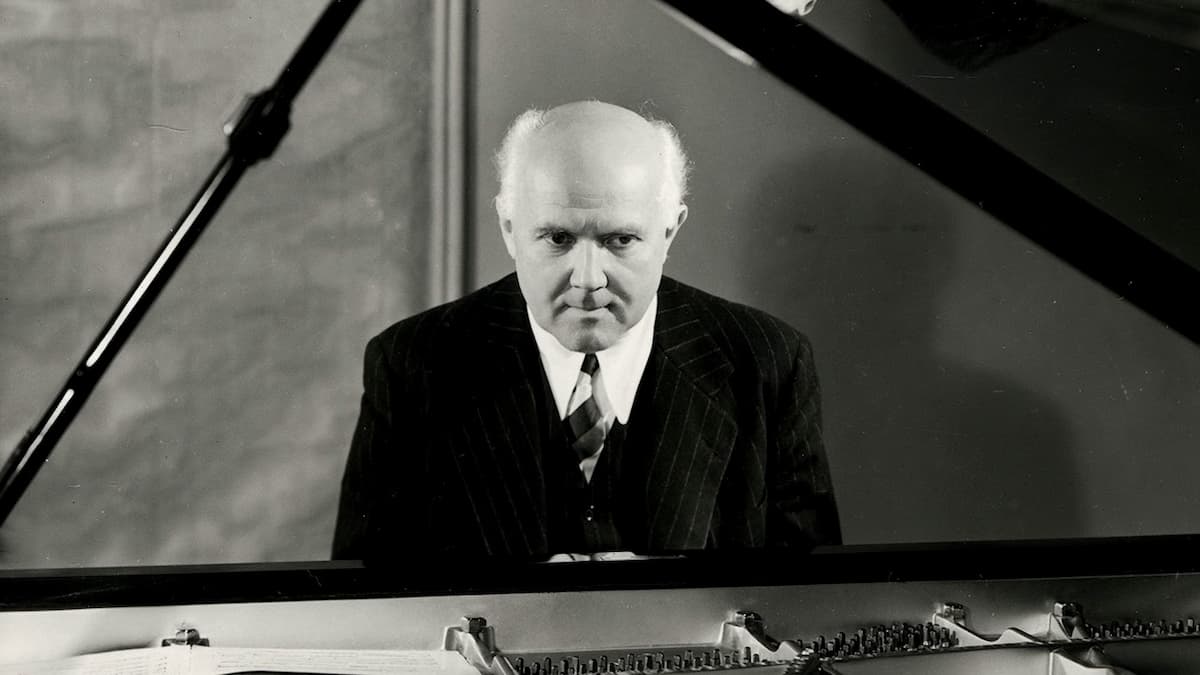
Walter Gieseking
Walter Gieseking was a German pianist who was particularly admired for his ability to capture the impressionistic nature of Debussy’s compositions, with his delicate touch and nuanced phrasing perfectly conveying the composer’s delicate melodies and unusual harmonies.
Walter Gieseking Plays Debussy’s Images
Jean-Yves Thibaudet
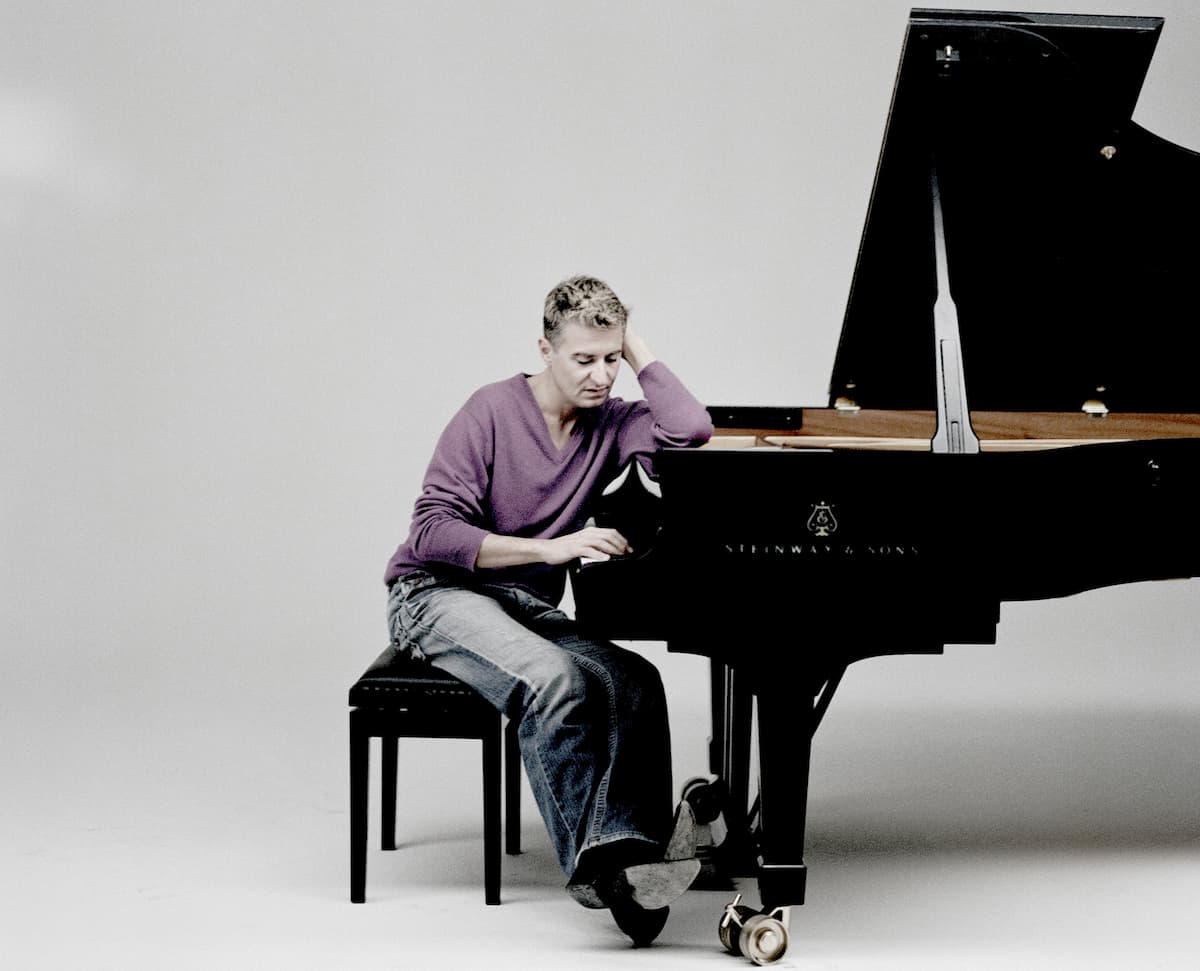
Jean-Yves Thibaudet
A Frenchman playing his compatriot’s music, Thibaudet has a natural affinity with Debussy. His playing is expressive and graceful with nuanced phrasing and translucent sonorities which perfectly capture the beauty and complexity of this music. There’s wit and humour too, and sprightly articulation when required.
Claude Debussy: Images, Book 1 – No. 2 Hommage a Rameau (Jean-Yves Thibaudet, piano)
Mitsuko Uchida
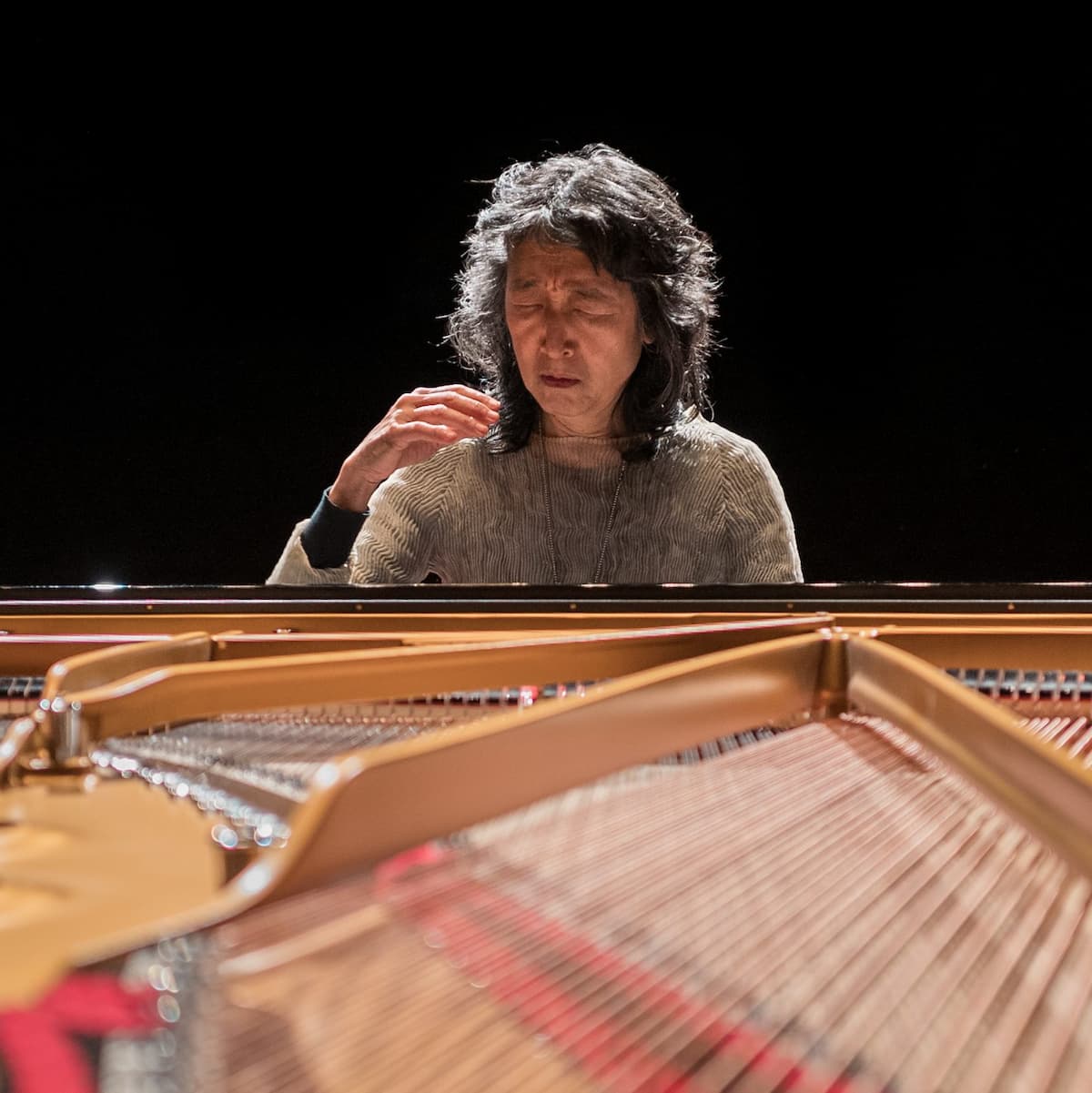
Mitsuko Uchida © Geoffroy Schied
In contrast to Debussy’s more “impressionist” pieces, the Etudes reveal another side. Although “practice pieces”, which, like Chopin’s Etudes, explore various aspects of keyboard technique, they are also poetic works of art, full of fantasy, charm, wit, and invention. Mitsuko Uchida, more usually associated with the music of Mozart, Beethoven and Schubert, brings effortless virtuosity and precision, clarity and brilliance to these pieces, highlighting their myriad moods, textures, colours and rhythms.
Claude Debussy: 12 Etudes – No. 6 Pour les huit doigts (For eight fingers) (Mitsuko Uchida, piano)
Alain Planès
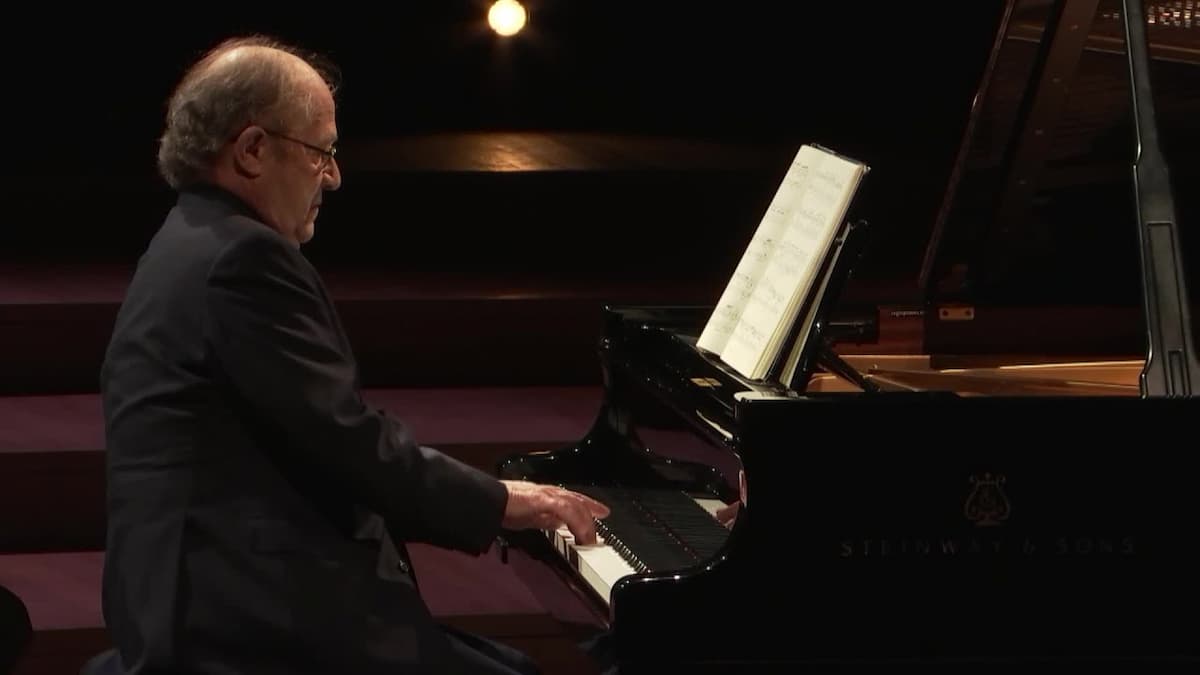
Alain Planès
French pianist Alain Planès has recorded the complete piano music of Debussy and for some of his recordings, he used a 1902 Bluthner piano and an 1879 Bechstein, which offer a rather different sound to the modern instrument and which may be closer to the sound Debussy had in mind from his own instrument. Planès delineates every voice and texture with great clarity, and his playing exudes sensitivity and nuance in every note and phrase.
For more of the best in classical music, sign up to our E-Newsletter
Claude Debussy: Estampes – No. 1 Pagodes (Alain Planès, piano)

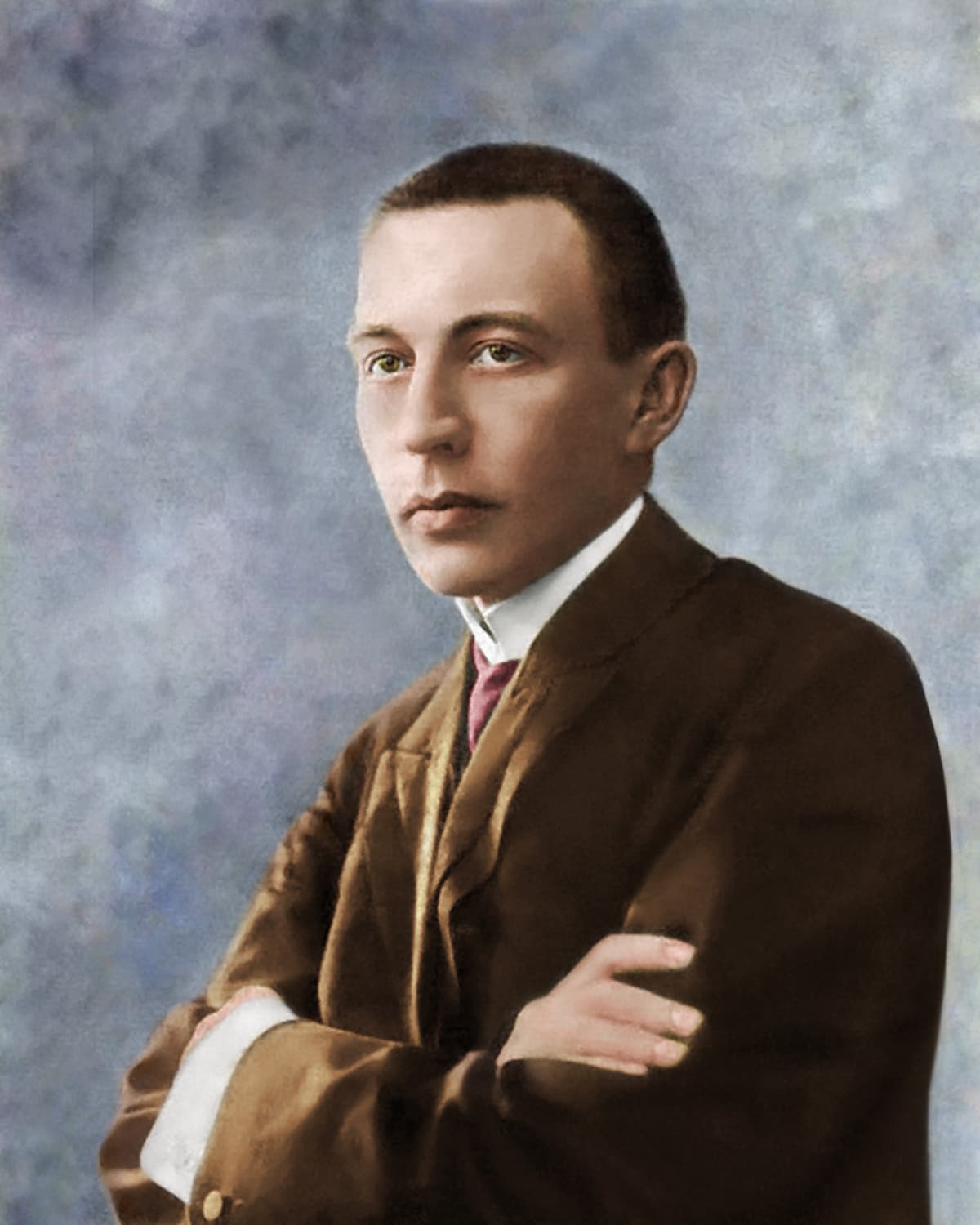
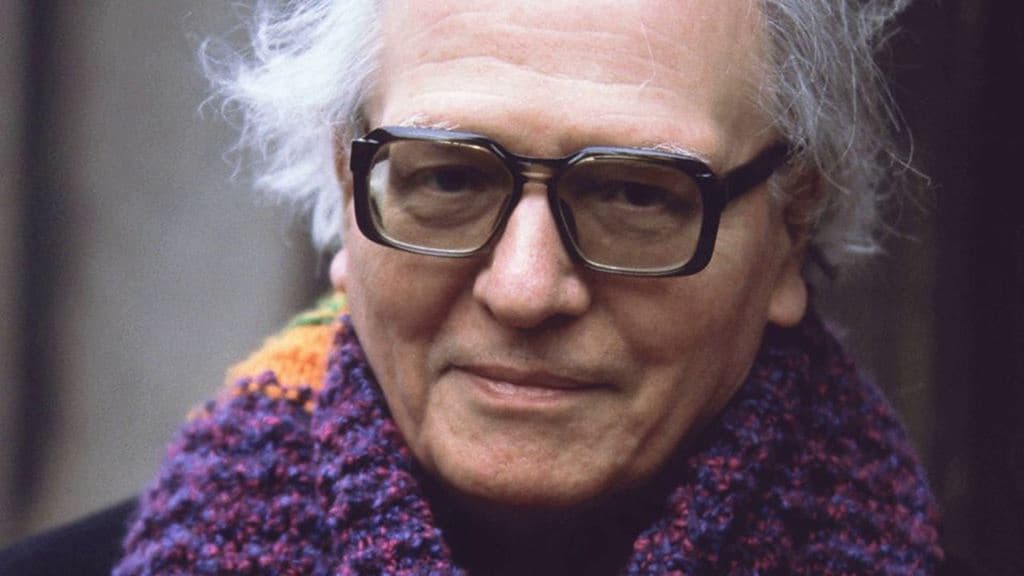
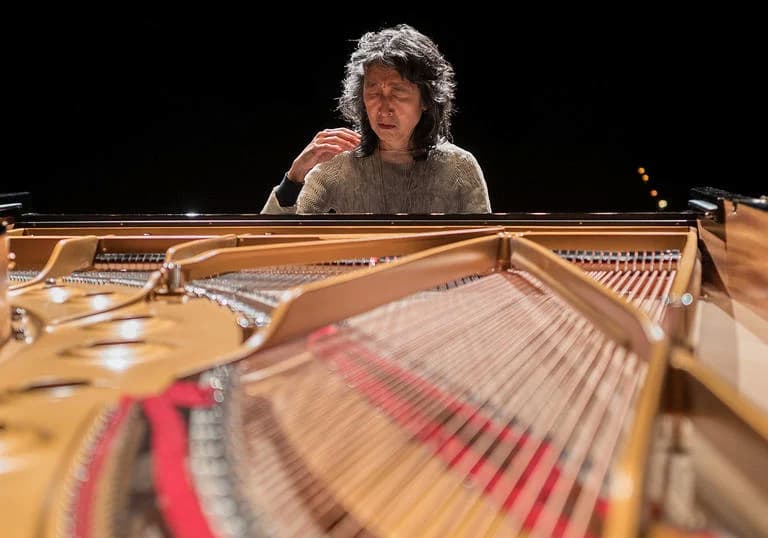
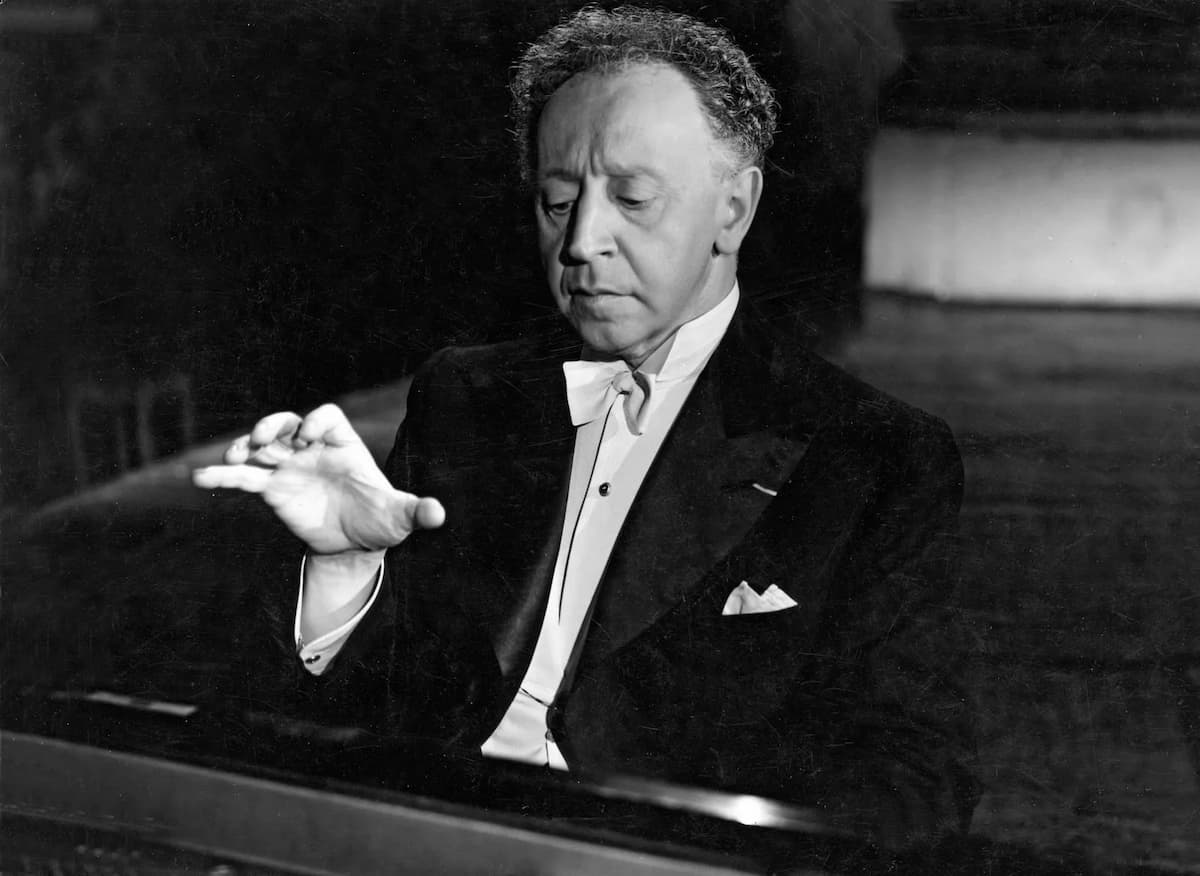




No Arturo Benedetti Michelangeli — really ?… no Alfred Cortot ? no Friedrich Gulda ? But Thibaudet — what a joke…!
Best ever: Zoltan Kocsis…….(died recently). After I heard him, I understood Debussy.
Daniel Ericourt, recorded the complete Debussy, actually knew him personally and collaborated.